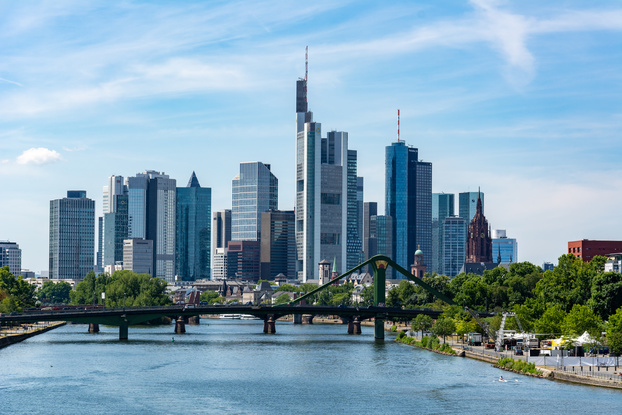Germany pulls in record level of FDI in 2023
There was a 37.5% increase in inward FDI to Germany compared to 2022, during which €25.3bn of investment was generated.
Germany secured a record €34.8bn ($37.7bn) of foreign direction investment (FDI) during 2023, according to the annual FDI study of the Germany Trade & Invest (GTAI) economic promotion agency.
The figure represents a 37.5% increase compared to 2022, during which €25.3bn worth of investment was generated. That is despite the number of FDI projects in 2023 decreasing by 24 projects to 1,759 compared to 2022.
The projects counted include both greenfields and expansions. The total amount does not include any mergers or acquisitions.
Significant projects were announced in the areas of digitalisation, healthcare, life sciences, energy, resources, electronics, automation, mobility and logistics. The US was the top country where investment originated followed by Switzerland, China, the UK, the Netherlands and France.
European Union countries contributed to 36% of the FDI projects, other European countries 28%, countries in Asia 19%, North American countries 14% and countries in other regions 3%.
Robert Hermann, CEO of GTAI, said: “The breadth of international companies’ projects in Germany in 2023, both in terms of sector and country of origin, illustrates the fundamental solidity and strength of Germany as a business location. For companies expanding to and within Europe, Germany is simply an excellent place to do business. Germany’s ongoing digitalisation and transition to sustainable energy create great opportunities for companies with innovative, future-oriented solutions.”
According to data from fDi Markets, worldwide FDI increased by 2.6% in 2023 but decreased by 7.4% in Europe and by a larger still 8.8% in Western Europe.
In Germany, there are eleven projects with planned investments of more than €500m. Eight of these were greenfields and three expansions. Eight have planned investments of more than €1bn.
Additionally, 484 mergers and acquisitions in which foreign investors bought more than 50% of shares were recorded.
Hermann commented: “Despite the difficult global business climate and negative headlines, Germany continued last year to attract premium projects from some of the world’s leading companies, including Apple, Roche, Eli Lilly, British Petroleum and the Taiwan Semiconductor Manufacturing Company.”
“That’s no wonder because Germany is Europe’s largest market, a secure and reliable business enviroment and a world leader in research and development with a highly skilled workforce.”





